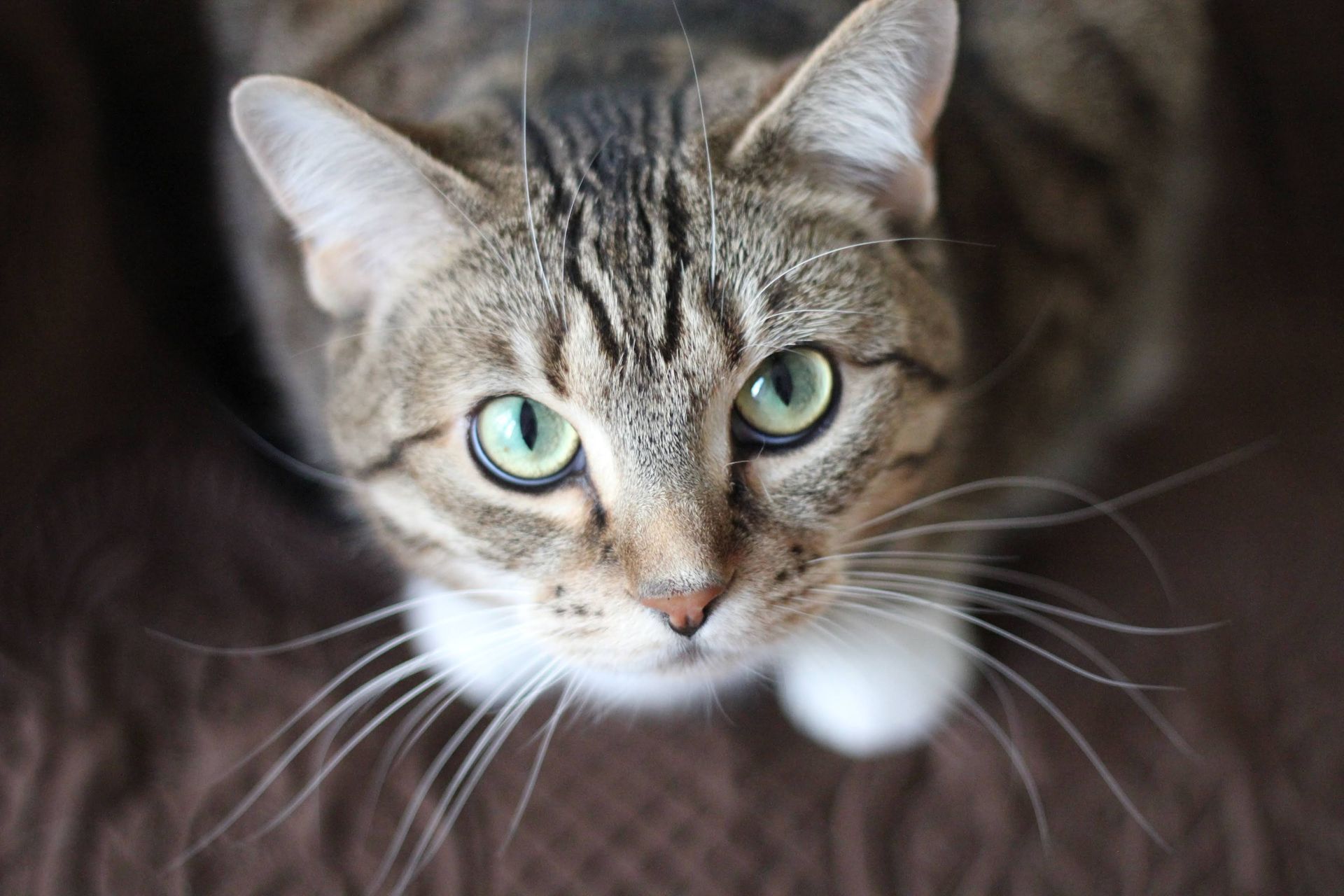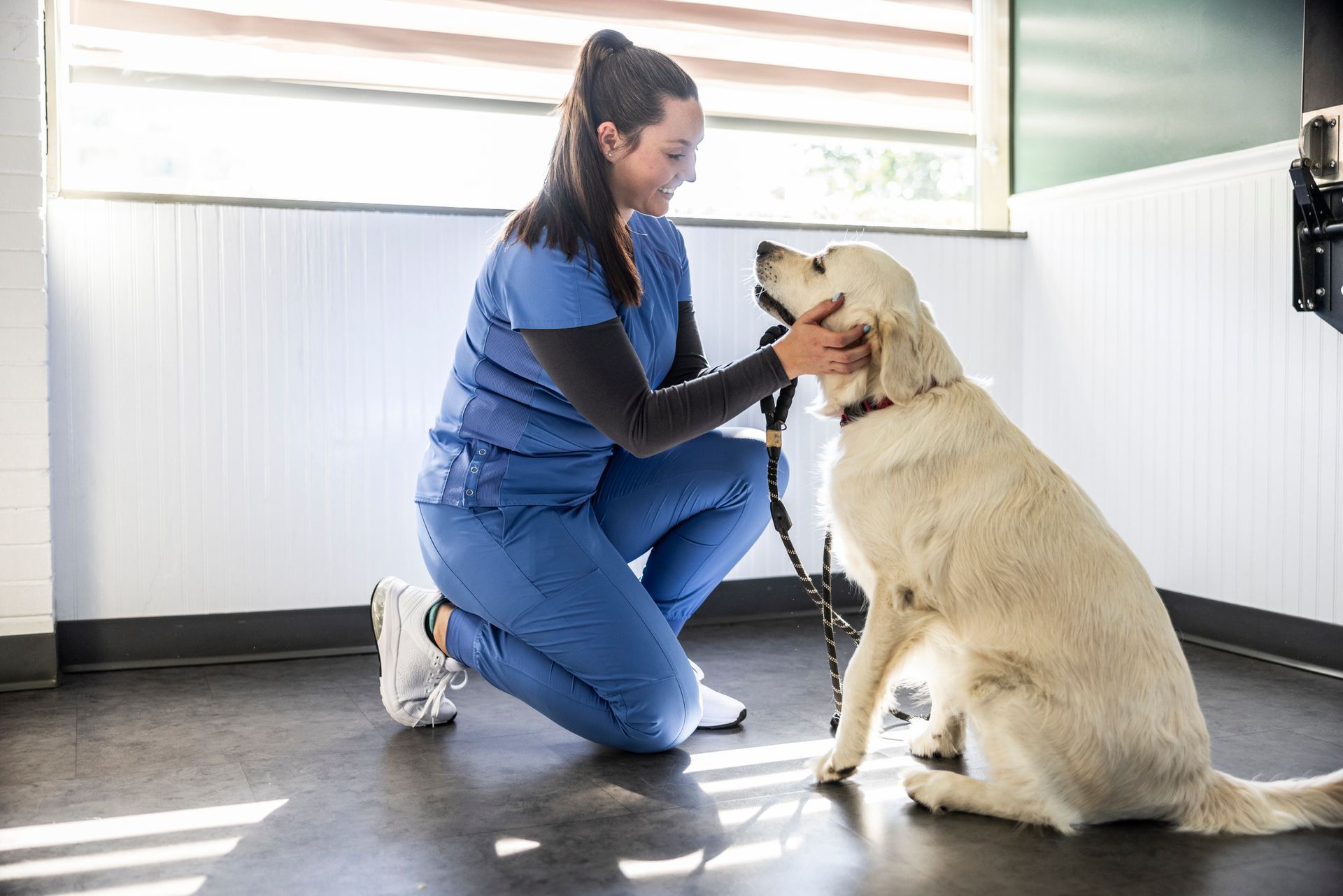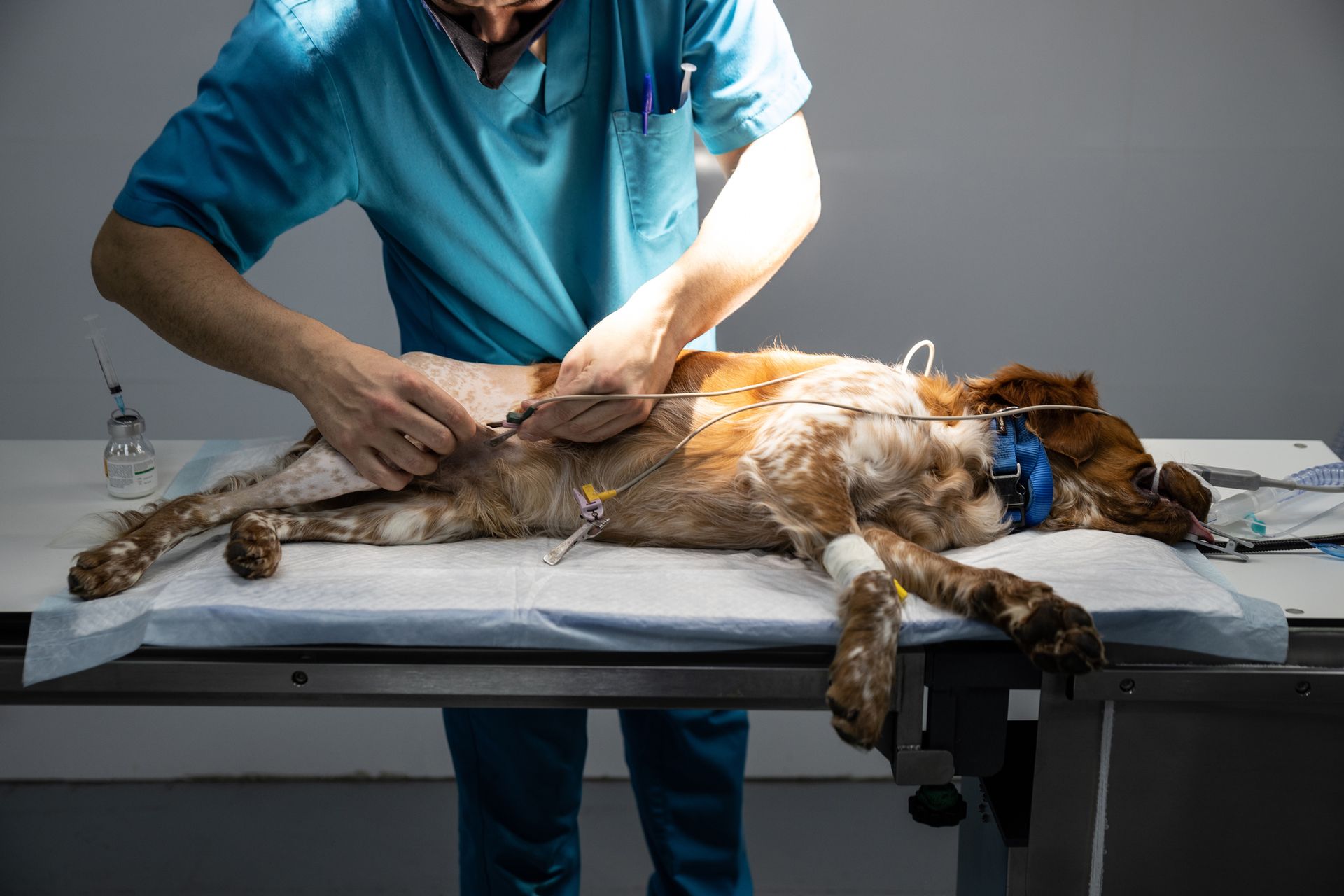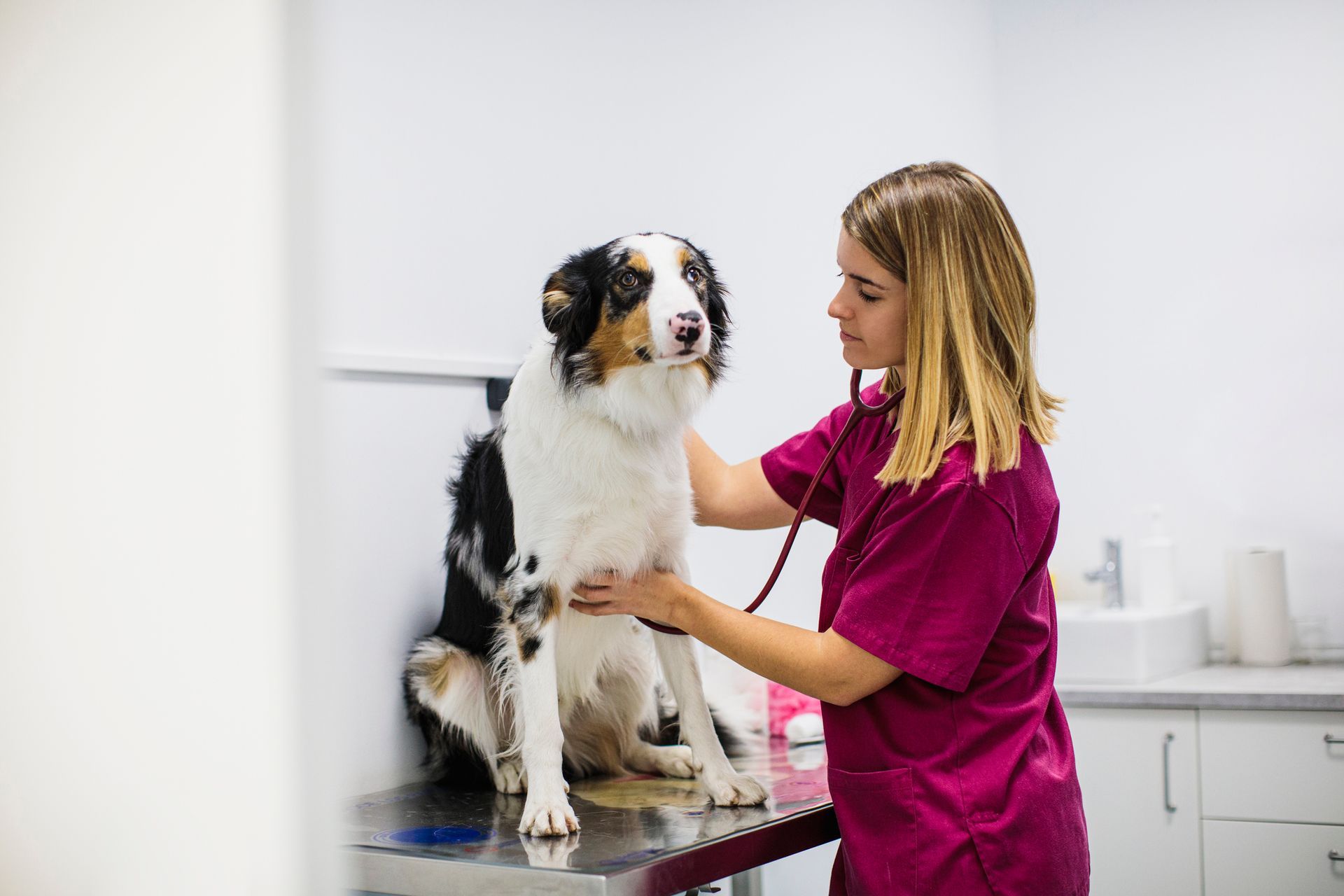Causes of Excessive Cat Meowing

Meowing is a cat's way of communicating. Your pet may simply be saying hello or asking for attention. But if your cat meows excessively, that may indicate an underlying issue.
A significant part of good cat care is understanding why your pet is meowing and taking the necessary steps to address the cause. This blog discusses some common causes of excessive meowing in cats and what you can do to help your feline friend.
Anxiety and Distress
Cats may meow excessively when distressed, mainly after significant changes in their environment. For example, suppose you recently moved to a new home. In that case, your cat may meow more than usual as it adjusts to the unfamiliar surroundings and noises.
In the same way, if you brought in a new pet, a baby, or an unfamiliar family member, that could also cause distress that may lead to excessive meowing. Besides meowing, you can tell if your cat is distressed if it hides or is not as active as before.
Help your cat through this transition period by giving them plenty of love and attention. Also, provide a comfortable place where they can sleep. And if these steps do not help, consult a vet who can offer more targeted advice.
Aging and Cognitive Dysfunction
As your pet ages, it may experience mental decline, leading to excessive meowing. This issue causes your cat to feel uneasy or overwhelmed by the slightest changes in their environment.
Age may also cause your cat to lose hearing or vision, making your pet anxious and scared of the unknown.
The trick to help your pet is to establish a predictable environment. Make your space more comfortable and accessible for your pet to create a sense of safety. You may also add night-lights to help your cat sleep.
Hunger or Thirst
Sometimes, a cat's meows may mean that it's feeding time. You can tell if your cat is hungry if it meows most when it sees someone entering the kitchen.
Cats can be very persistent when they want to eat, but you can train your pet to ask for food in a better way. For example, don't feed your cat every time it meows. Instead, wait until it stops meowing and then provide a treat. If your pet starts meowing again, repeat the process until it learns to ask for food more comfortably.
Medical Issue
Pain and discomfort from an illness can make your cat call for help consistently. Other than vocalization, you can tell if your cat is if it exhibits weird behaviors such as lack of activity.
Also, some illnesses, such as an overactive thyroid, make your cat excessively hungry and thirsty, which explains the excess meowing. If you suspect your cat is unwell, or if the meowing does not go away after a few days despite your effort, seek professional help from a vet.
Mating Season
If your cat is not spayed or neutered, it may meow excessively due to hormones related to mating season. The meows attract the opposite sex, but the noise can be too much for you to handle.
If your cat is sexually intact, have them neutered or spayed. But this step is only feasible if you don't want to breed your pet.
Excessive meowing is often a sign that your cat needs help. As a responsible pet owner, pay attention to your cat's vocalizations and take immediate action. If the problem persists, don't hesitate to contact a vet for professional assistance.
You can trust us at South Seattle Veterinary Hospital for all your cat's healthcare needs. We provide comprehensive and compassionate medical care for your pet and will undoubtedly get to the bottom of your cat's excessive meowing. Contact us to book an appointment.










